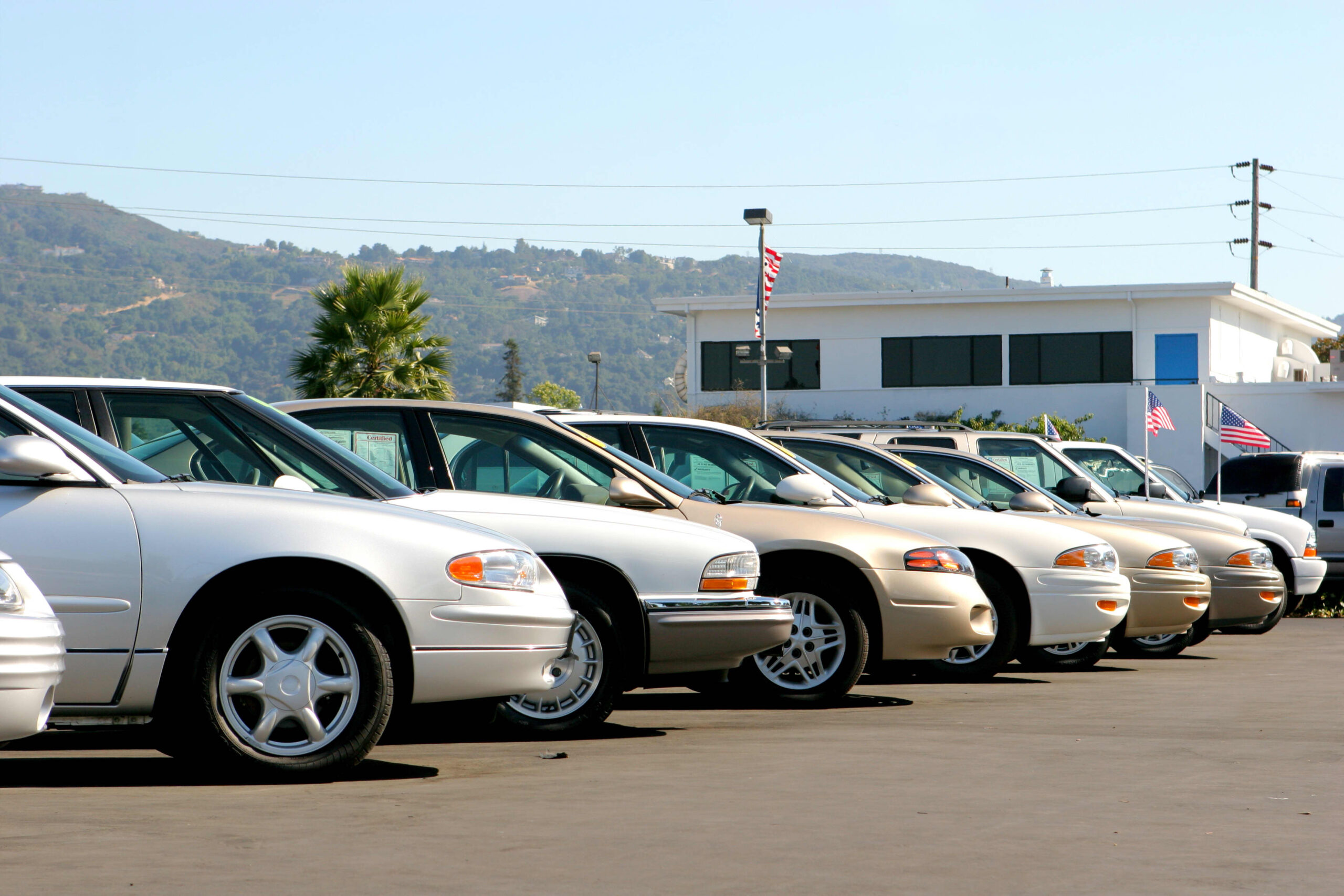Donating your car to charity is a generous way to support nonprofits, reduce environmental waste, and possibly receive a tax deduction. California, with its vast network of charities, offers a variety of opportunities to donate vehicles. This guide will walk you through the process, benefits, and considerations when donating a car to charity in California.
Benefits of Donating Your Car to Charity
1. Help a Cause You Care About
By donating your car, you support a charity that aligns with your values. Many organizations use car donations to fund programs addressing hunger, education, homelessness, or health care.
2. Environmentally Friendly
If your car is no longer roadworthy, donating it ensures proper recycling or repurposing, reducing environmental waste.
3. Tax Benefits
Car donations often qualify for tax deductions. If the charity is a registered 501(c)(3) organization, you can deduct the vehicle’s fair market value or the amount it sells for at auction.
4. Save Time and Money
Donating your car eliminates the hassle of selling it privately or trading it in, saving you time and potential repair costs.
Steps to Donate Your Car in California
1. Choose a Reputable Charity
Ensure the charity is a registered 501(c)(3) nonprofit and has a transparent car donation program. Popular charities in California include:
- Habitat for Humanity
- Goodwill
- Kars4Kids
2. Understand the Charity’s Use of the Vehicle
Charities may use your car directly, sell it to fund their programs, or recycle it for parts. Verify their process to ensure your donation has the intended impact.
3. Gather Necessary Documents
To donate your car, you’ll typically need:
- Vehicle title (clear of liens)
- Current registration
- Smog certificate, if required
If you’ve lost the title, you can request a duplicate from the California Department of Motor Vehicles (DMV).
4. Contact the Charity or Donation Service
Many charities partner with vehicle donation services that handle logistics, such as pickup and paperwork. Schedule a pickup or drop-off at a convenient location.
5. Complete the Transfer Paperwork
When donating a car in California:
- Sign over the title to the charity or its authorized representative.
- Complete a Release of Liability Form through the California DMV to avoid future liabilities.
6. Obtain a Donation Receipt
The receipt is crucial for tax purposes. It should include:
- Charity’s name and Tax ID
- Description of the vehicle
- Sale price or fair market value
Car Donation Tax Benefits in California
Eligibility for Tax Deductions
To claim a deduction:
- Ensure the charity is IRS-approved (501(c)(3)).
- Itemize deductions on your tax return.
Fair Market Value vs. Sale Price
- If the charity sells the car for less than $500, you can claim the fair market value or $500, whichever is lower.
- If the car sells for more than $500, you can deduct the sale price.
IRS Form 8283
For donations valued over $500, complete IRS Form 8283. If the value exceeds $5,000, an independent appraisal is required.
Keep Documentation
Maintain all paperwork, including:
- The donation receipt
- Title transfer records
- Proof of the vehicle’s value
Top Charities for Car Donations in California
1. Habitat for Humanity
Habitat for Humanity uses car donations to build homes for families in need. Their “Cars for Homes” program makes donating easy with free towing services.
2. Goodwill
Goodwill accepts car donations to support job training and placement programs. The organization resells vehicles or parts, with proceeds funding local community initiatives.
3. Kars4Kids
Kars4Kids focuses on educational programs for children. They provide hassle-free pickup and a vacation voucher as a thank-you for donations.
4. The American Cancer Society
Through its “Cars for a Cure” program, the American Cancer Society uses vehicle donations to fund cancer research and patient services.
5. California Wildlife Center
For environmentally conscious donors, this organization uses vehicle donations to support wildlife rescue and rehabilitation efforts.
What Happens After You Donate Your Car?
Vehicle Evaluation
The charity evaluates the car’s condition and determines whether to:
- Use it directly for their programs.
- Sell it to raise funds.
- Recycle it for parts or scrap.
Auction or Sale
If sold, the proceeds go toward the charity’s mission. You’ll be notified of the sale price, which determines your tax deduction.
Final Paperwork
Once the car is sold or processed, the charity provides you with a confirmation letter or receipt for tax purposes.
Things to Watch Out For
1. Scams
Not all car donation programs are legitimate. Verify the charity’s credentials and avoid organizations that pressure you or charge fees.
2. Hidden Fees
Reputable charities cover towing and processing costs. Clarify all terms before donating.
3. Tax Deduction Errors
Ensure accurate valuation and documentation to avoid issues with the IRS.
Frequently Asked Questions
Q1: Can I donate a car that doesn’t run?
Yes, most charities accept non-running vehicles and arrange towing services.
Q2: What if I lost my car’s title?
You can request a duplicate title from the California DMV before donating.
Q3: How long does the donation process take?
The process is typically completed within a few days, including pickup and paperwork.
Q4: Can I choose how my car donation is used?
You can inquire about the charity’s plans, but the final decision is usually at their discretion.
Conclusion
Donating your car to charity in California is a meaningful way to support important causes while enjoying potential tax benefits. By choosing a reputable organization, following the required steps, and understanding the tax implications, you can ensure a smooth and impactful donation process. Take the first step today, and make a difference in someone’s life while simplifying your own.
